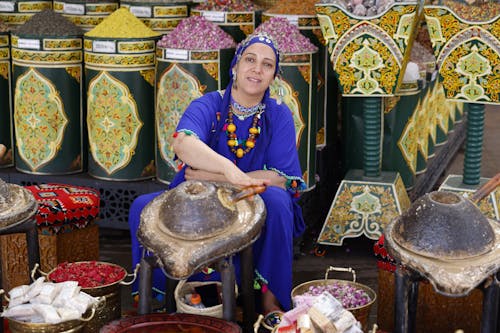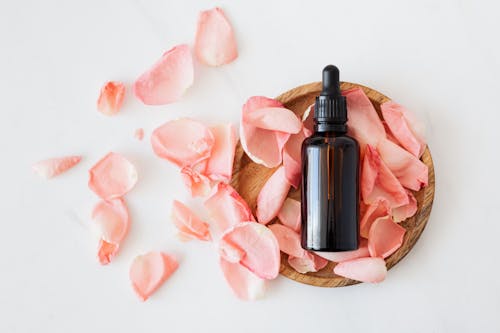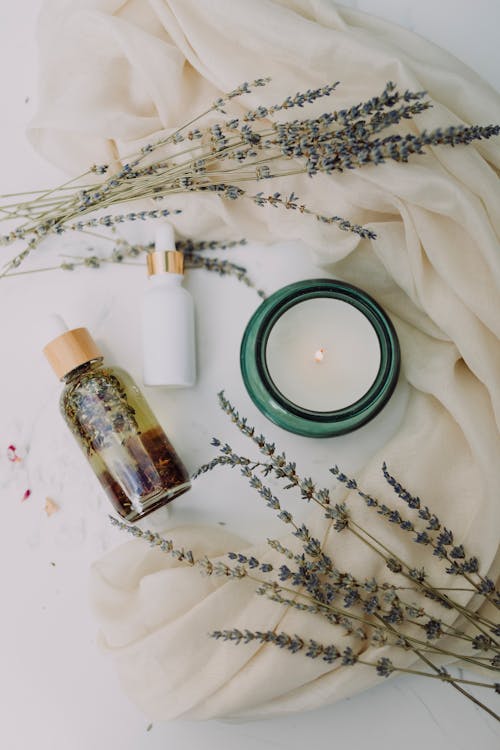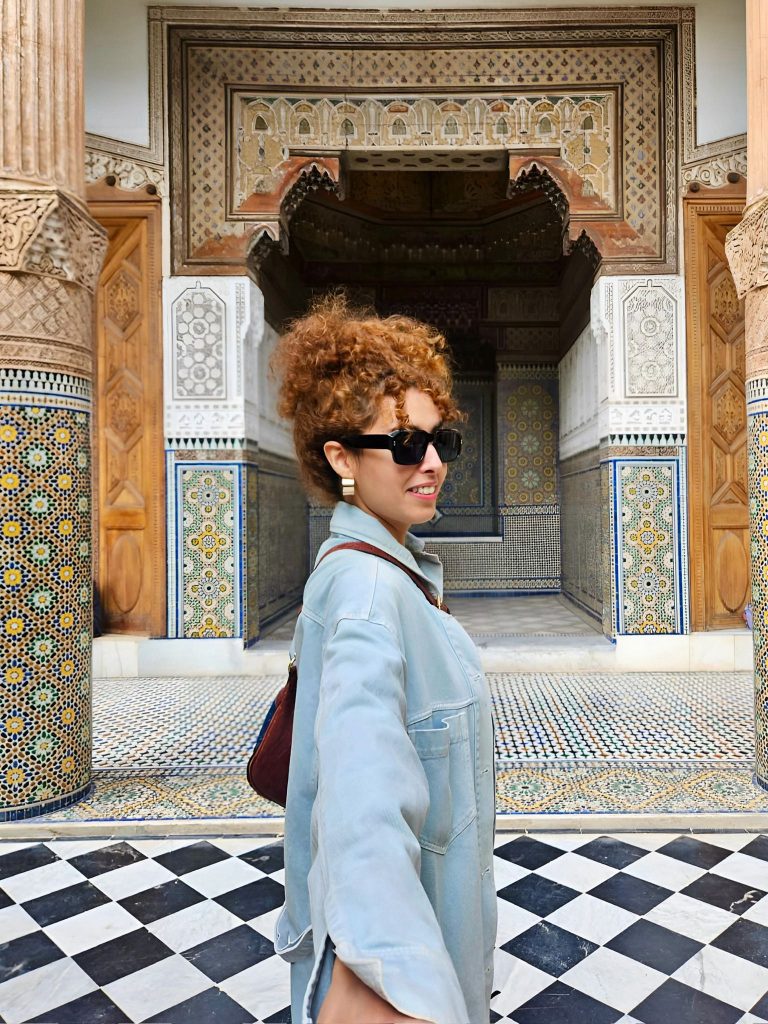Argan oil, often referred to as “liquid gold,” stands as one of Morocco’s most cherished gifts to the world. From its deep-rooted origins within Amazigh (Berber) culture to its contemporary acclaim as a beauty and culinary staple, argan oil narrates a compelling story of resilience, tradition, and innovation. Yet, beyond the sleek packaging found on international shelves, lies a profound narrative intricately connected to the Moroccan landscape, its people, and the dedicated communities that meticulously produce this extraordinary oil.

In this article, we will delve into the essence of argan oil today—exploring its multifaceted benefits, tracing its journey to global popularity, understanding its profound significance to Moroccans, and uncovering some of the closely held secrets surrounding this remarkably versatile product.
The Origins of Argan Oil: A Tradition Rooted in Amazigh Culture
The source of argan oil is the kernels of the argan tree (Argania spinosa), a species uniquely adapted to the semi-desert conditions of southwestern Morocco. This exclusive growth region has earned these hardy trees the moniker “Tree of Life,” recognizing their vital role in sustaining both local ecosystems and the livelihoods of the communities that depend on them.
For centuries, Amazigh women have been the cornerstone of argan oil production. Employing time-honored techniques passed down through generations, they skillfully harvest and process the argan kernels to extract this precious oil. This labor-intensive process, requiring up to 40 hours to yield a single liter, is not merely a means of production but a source of immense pride and empowerment for these women.
The cultural importance of argan oil transcends its economic value. Within Morocco, it is a staple in culinary traditions, lending a distinctive nutty flavor to dishes such as amlou (a delectable spread of almonds, honey, and argan oil) and enhancing the taste of salads and tagines. Furthermore, it is deeply revered for its cosmetic properties, generously applied to both skin and hair for its hydrating and rejuvenating effects. For a deeper look into Moroccan culture and the role of women in preserving traditional crafts, consider exploring how we celebrate the Unsung Heroes: Celebrating Women Who Quietly Change the World.
How Argan Oil Became a Global Sensation
While argan oil has been an integral part of Moroccan life for centuries, its ascent to international fame is a relatively recent phenomenon. Historical accounts suggest that the Phoenicians recognized its healing properties as early as 1550 B.C. However, it was the discovery by French chefs and beauty brands in the 20th century that truly propelled argan oil into the global spotlight.
Today, argan oil is celebrated worldwide for its remarkable versatility:
- Cosmetic Use: Abundant in vitamin E and essential fatty acids, it deeply hydrates the skin, diminishes the appearance of wrinkles, tames frizz, and imparts a healthy shine to hair.
- Culinary Use: The oil extracted from toasted argan kernels boasts a rich, nutty flavor and is packed with antioxidants and healthy fats, contributing to improved immunity and lower cholesterol levels.
The burgeoning trend of clean beauty has further fueled the demand for argan oil as consumers increasingly seek natural and effective alternatives to synthetic products. In 2024 alone, the global argan oil market reached $370 million and is projected to double by 2033 (https://www.imarcgroup.com/argan-oil-market).

The Benefits of Argan Oil
Argan oil’s widespread popularity is not merely a fleeting trend; it is substantiated by scientific research and centuries of traditional use. Here are some of its key benefits:
- Skin Health: Argan oil provides deep hydration while enhancing skin elasticity and reducing the appearance of fine lines. Its potent anti-inflammatory properties also make it an effective remedy for conditions like acne and psoriasis (https://www.healthline.com/health/argan-oil-for-skin).
- Hair Care: Renowned as a transformative treatment for hair, argan oil effectively reduces frizz, strengthens hair strands, and restores a natural shine without causing any heavy residue (https://www.faithinnature.co.uk/blogs/notes-on-nature/the-benefits-of-argan-oil-for-hair/).
- Culinary Nutrition: Culinary argan oil is a rich source of vitamin E, omega-6 fatty acids, and beneficial antioxidants that support cardiovascular health, help maintain healthy cholesterol levels, and improve overall blood circulation (https://atlasargan.nl/en/the-10-biggest-benefits-of-culinary-argan-oil/).
- Healing Properties: Thanks to its high concentration of antioxidants, argan oil can accelerate the process of wound healing and reduce the visibility of scars (https://www.medicalnewstoday.com/articles/argan-oil-benefits).
What Argan Oil Means to Moroccans Today
For the people of Morocco, argan oil transcends its status as a mere luxury product; it is an intrinsic element of their cultural identity and daily life:
- Empowering Local Women: The establishment of argan cooperatives has brought about a significant transformation in rural communities, providing vital economic opportunities for Amazigh women who have traditionally faced limited access to employment outside their homes (https://arganoildirect.com/argan-oil-production-and-women-co-operatives). These cooperatives enable women to earn fair wages while preserving their traditional production methods. Notably, many women reinvest their earnings into initiatives that benefit their communities, such as building schools and community centers—a powerful testament to the uplifting impact of argan oil. You can explore more about Morocco’s rich cultural heritage and the empowerment of women artisans on our platform, SheandElle of Morocco.
- Preserving Ecosystems: The increasing global demand for argan oil has spurred crucial conservation efforts aimed at protecting Morocco’s endangered argan forests. These initiatives include the implementation of sustainable practices such as replanting programs and the establishment of fencing to protect against overgrazing (https://www.theargansprings.com/post/sustainable-luxury-the-journey-of-moroccan-argan-oil-to-you).
- Culinary Secrets Known Only Locally: While cosmetic argan oil dominates international markets, culinary argan oil remains a cherished local treasure. Moroccans traditionally drizzle it over freshly baked bread or incorporate it into amlou—a beloved delicacy that is rarely exported but deeply enjoyed within Moroccan homes (https://www.fondazioneslowfood.com/en/culinary-argan-oil-a-little-known-delicacy-from-a-threatened-ecosystem/). To discover more about Moroccan culinary treasures, you might be interested in reading about Is Essaouira Worth Visiting in 2025? Find Out Now.
What Locals Wish You Knew About Argan Oil
When speaking with Moroccans about argan oil today, the message is clear: it is more than just a beauty or health product—it represents a vital connection:
- Buy Ethically Produced Oil: Prioritize supporting cooperatives that empower local women over mass-market brands that may exploit resources (Source).
- Use It Properly: Culinary argan oil should never be heated; it is best used as a finishing oil drizzled over dishes to maximize its unique flavor (Source).
- Respect Its Value: Each drop of argan oil represents hours of dedicated labor—appreciate its rarity and the effort involved in its production (Source).

Why Argan Oil Is More Than Liquid Gold
Argan oil beautifully embodies the essence of Morocco—resilience, beauty, tradition, and innovation. From the empowerment of Amazigh women through dedicated cooperatives to the preservation of endangered argan forests and the nourishment it provides worldwide, this “liquid gold” carries stories that are far more valuable than any price tag.
Whether you are using a Moroccan argan oil-infused shampoo or savoring the nutty notes of culinary argan oil on your salad, remember this: every drop connects you not only to the natural bounty of Morocco but also to generations of hardworking women who diligently keep this cherished tradition alive. As you explore the richness of Moroccan culture, you might also find insights in understanding Ramadan: The Spiritual Journey, Benefits, and Islamic Significance. Should you be interested in acquiring authentic Moroccan products, we encourage you to learn more about our Refund and Returns Policy.
So, the next time you reach for a bottle of argan oil—or perhaps discover another of Morocco’s hidden treasures—know that you are embracing more than just a product; you are embracing a piece of Morocco itself.


